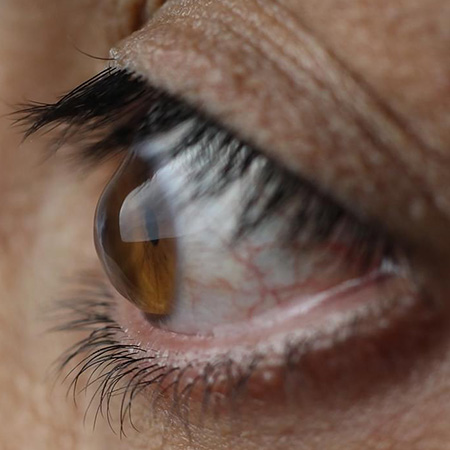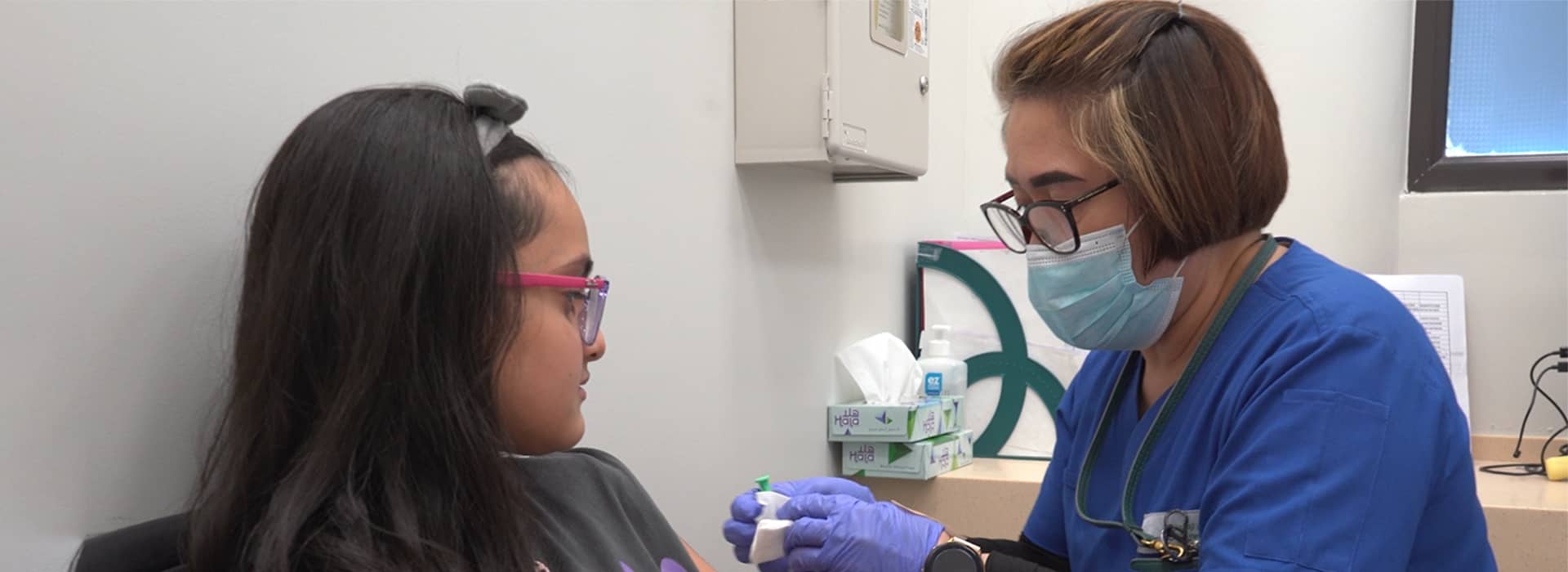
Immunizations
Part of staying healthy is preventing illness and disease. Immunizations help us stay healthy and are recommended for infants, children, and adults by major health organizations, such as the Centers for Disease Control and Prevention (CDC) and the World Health Organization (WHO). The majority of immunizations are given while a child is under the age of four years, although booster vaccines are recommended after the age of four, for certain diseases. Vaccines provide protection against infectious diseases such as chickenpox, measles, mumps, rubella, hepatitis A and B, polio, meningitis, whooping cough, tuberculosis, and many other respiratory illnesses. Immunizations work in different ways depending on the type of vaccination. In general, vaccines stimulate the body’s immune system, resulting in specific protection against that disease. For example, if a child receives the varicella vaccine (chickenpox) and gains immunity, they will not become sick with the disease even if exposed to chickenpox later in life. Vaccines are typically given as an injection, but certain vaccines can be administered through oral drops or nasal sprays by your healthcare provider.
Through immunizations, we are able to protect our families from infectious diseases and also work towards the eradication of illnesses. For example, polio has nearly been eradicated due to global immunization since the vaccine was developed in the 1950s. Not only do immunizations protect you and your family, but they also help protect our community. Pregnant women, ill people, and the elderly have weakened immune systems. If they contract an infectious disease such as chickenpox, the outcome is often very severe and can be potentially life-threatening. In the past, controversies resulting from misreported side effects of immunizations deterred people from getting vaccinated. For example, many studies now conclusively demonstrate there is no causal association between vaccination and autism. Although immunizations are safe, mild side effects can occur from vaccines such as fever, body aches, and pain at the site of the injection; these will resolve soon after the immunization. People with medication or food allergies should inform their healthcare provider before receiving vaccinations.
The following chart is the recommended vaccination schedule that is used here at Johns Hopkins Aramco Healthcare. Some variations are possible, depending upon a person’s medical status or country of origin.















